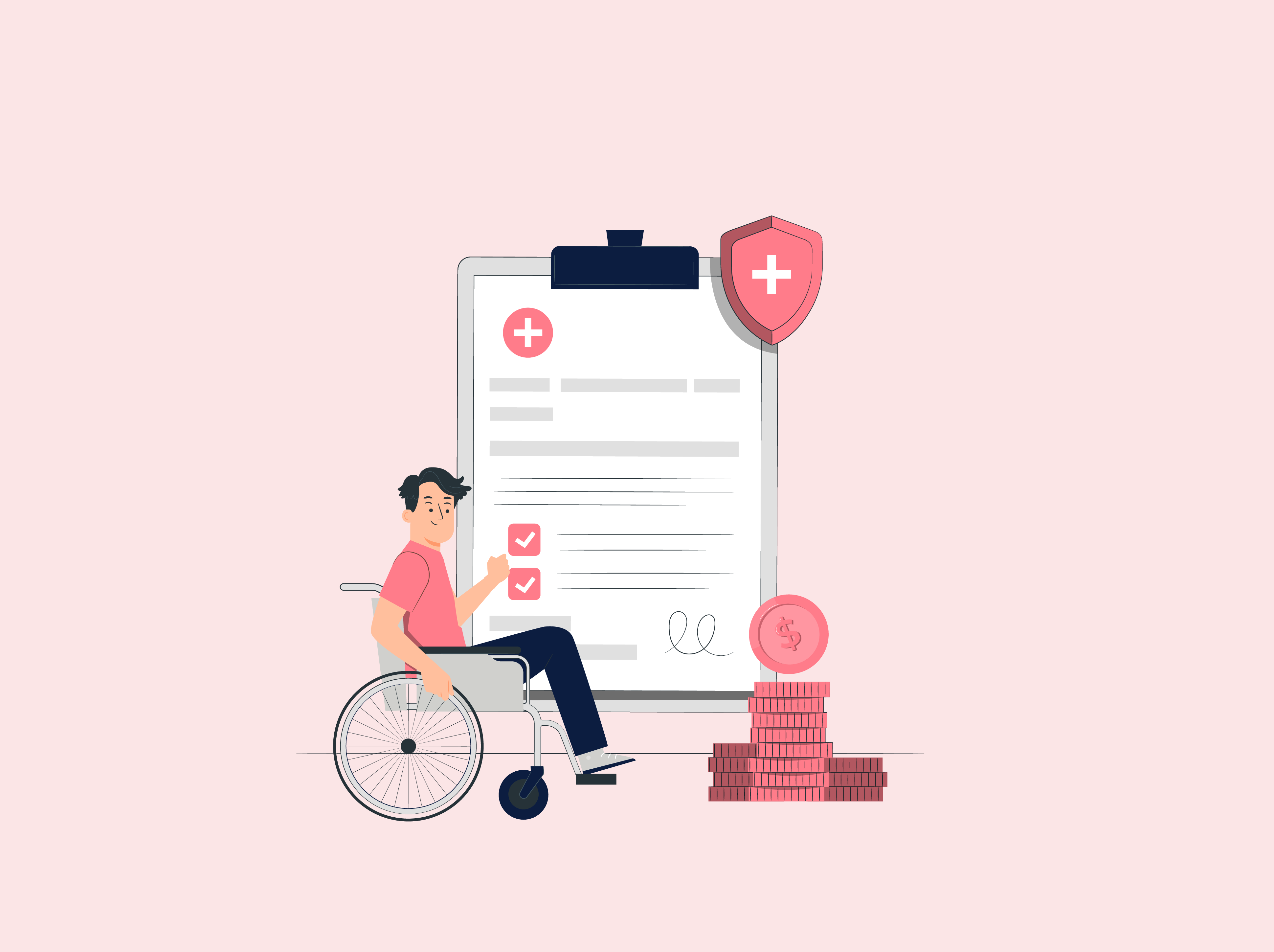
Getting ready to move expat employees to the Netherlands? The Dutch healthcare system is highly ranked for quality and innovation, but it is also unlike many other socialised healthcare systems in the world. We find that most expats (especially those from outside the EU) are unfamiliar with the Dutch healthcare system and what’s is expected of them as a Dutch resident. As an employer, it’s important that you guide your employee throughout their relocation in the Netherlands.
In this article, we’re going to help you gain a better understanding of how healthcare works in the Netherlands so you can support your expat staff.
Overview of the Dutch Public Healthcare System
The Dutch healthcare system is socialised, similar to the rest of Europe, but only to the point of providing long-term care (such as for disabilities). This is known as the Long-term Care Act (Wlz). As an employer, a portion of your employees’ salary that is withheld for tax purposes goes towards this scheme.
Additionally, all Dutch residents are required to purchase a Dutch insurance plan for their healthcare. Every insurance provider will offer different plans with more-or-less coverage, but to fulfil this requirement you’ll need to purchase (at minimum) Basic Health Insurance (basisverzekering).
Basic insurance coverage is offered to everyone over 18 years old regardless of gender, age and health. Depending on your health care needs, you can optionally take out supplemental insurance. Then you can cover medical cost that are not (fully) covered by the Basic Health Insurance with a higher premium.
When am I required to purchase Dutch health insurance?
All non-EU nationalities are obliged to purchase a Dutch health insurance plan when you are at least 18 years old and any of the following apply:
- You are employed by a Dutch employer and earn (at least) minimum wage
- You are a resident of the Netherlands with a qualifying reason for stay
- You are 30 years or older and you stay in the Netherlands long term (for EU/EEA nationals)
There’s also an official assessment available online (in English) you can take to find out whether you need to purchase health insurance in the Netherlands. If so, the insurance should be purchased within the first 4 months of registering at the municipality.
When can I avoid purchasing a Dutch health insurance plan?
You do not need to purchase Dutch health insurance if:
- You are here for study purposes only
- You are working for an employer/paying income tax outside The Netherlands (for non-EU nationals living in the Netherlands).
- You are waiting for a residence permit
If you situation does not require you to purchase Dutch health insurance, you will still need to be insured from your home country during your stay in the Netherlands. This rule also applies throughout the “waiting” period of receiving your residence permit. Check with your current insurance provider to ensure that you have coverage abroad.
The Cost
Depending on the type of policy and level of coverage you purchased, the health insurance companies will charge you a monthly premium. The cost of compulsory basic insurance for medical care is set yearly by the Dutch government. The average basic Dutch health insurance premium in 2021 is approximately 120 euro per month.
Own risk: Deductible excess (eigen risico)
Basic health insurance in the Netherlands comes with a standard, obligatory deductible excess of 385 euro (in 2021). You have to pay this amount of annual excess yourself before your health insurer reimburses for healthcare you have received. You will never incur costs higher than this for health care covered by the Basic Health Insurance than the amount of excess, except for personal contributions.
In addition to the compulsory deductible, you can also opt for a voluntary deductible. You can increase your mandatory excess with a voluntary excess up to a maximum of 885 euro per year. Your monthly premium will then be lower.
Dutch health insurance through employer
Some employers offer group health insurance for their staff. Employers who purchase group health insurance plans usually see a discount in monthly premiums, and also benefit from the ease of having “ready-made” group plans for new employees. This can help save HR teams from the hassle of having to arrange insurance themselves.
Health insurance coverage
Most Dutch Health Insurance plans cover a range of essential medical care such as:
- General practitioner (huisart)
- Prescription medication
- Hospital care and treatments performed by doctors and physicians, such as surgeons, paediatricians, cardiologists and oncologists.
- Maternity care
- Psychological and mental health care
- Physiotherapy
- Dental care (under the age of eighteen)
- Emergency medical care abroad (up to the Dutch tariffs)
Basic insurance plans are usually enough to completely pay for most basic healthcare (such as visits to the general practitioner), but some treatments and medication under these plans will require a personal contribution (Eigen Bijdrage). To minimise these costs, it’s possible to purchase supplements (such as for dentistry or physiotherapy) to the insurance plan.
more news

King’s Day: what you need to know
22-04-25
Spring has sprung, and the traditional Dutch holiday of ‘King’s Day’ is approaching! King’s Day is April 26th this year. If you don’t know what you should be doing to make the most out of this holiday, then you are ...

The role of HR in supporting neurodiversity in the workplace
16-04-25
In the spirit of Autism awareness month, it is important to bring awareness to the neurodiverse person in the workplace. After all, the workplace as it is today was built for the neurotypical in mind, putting neurodiverse people at a ...